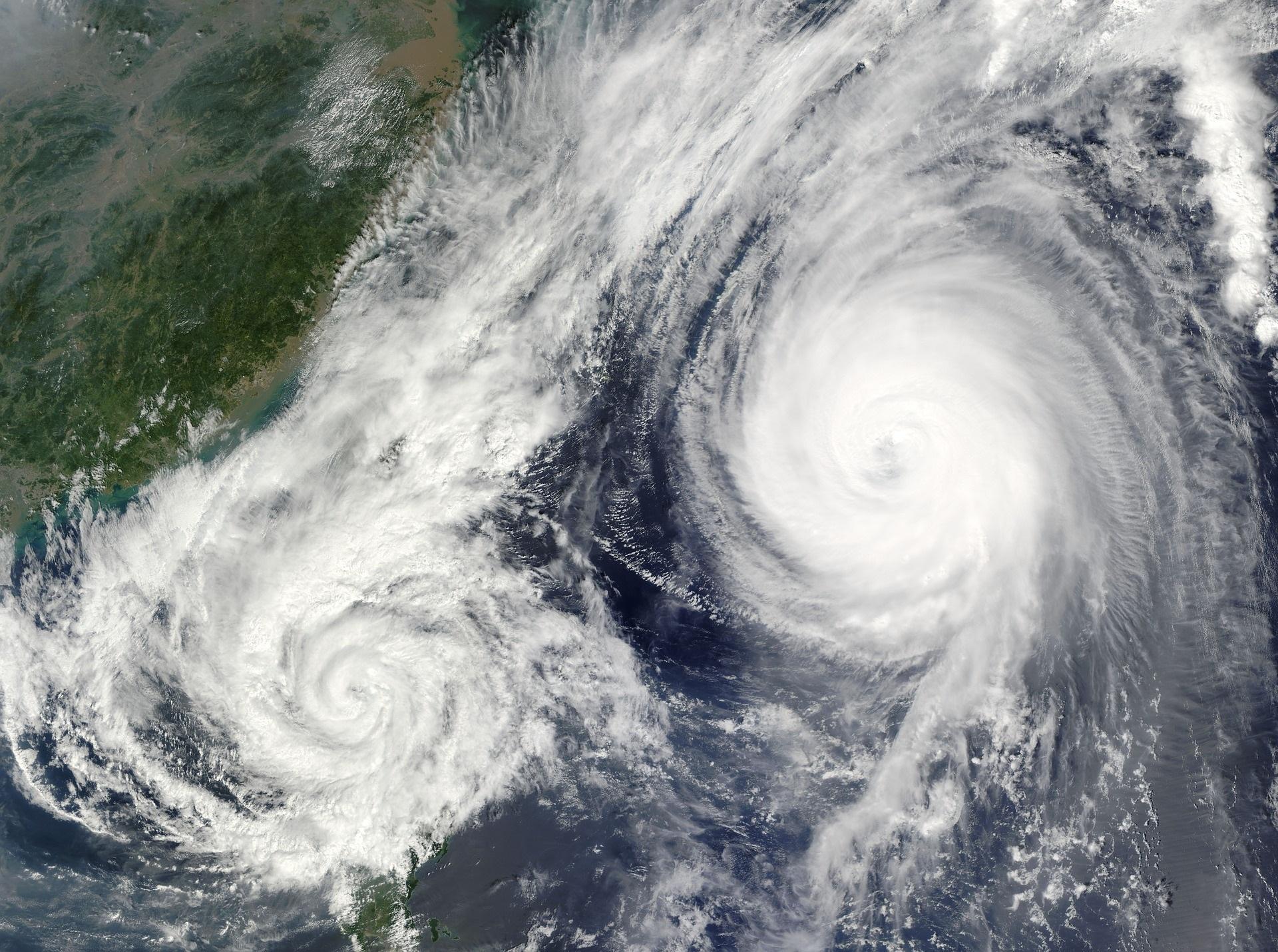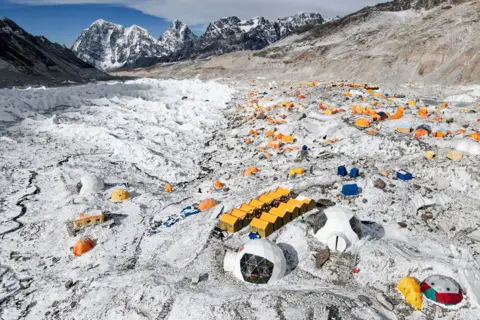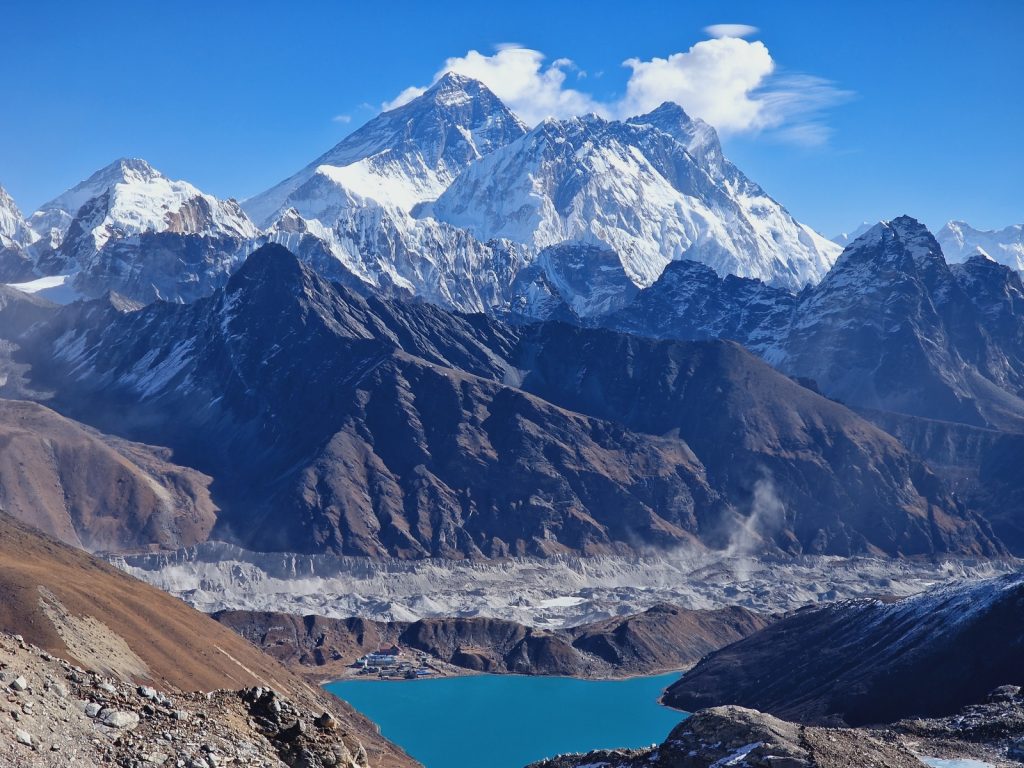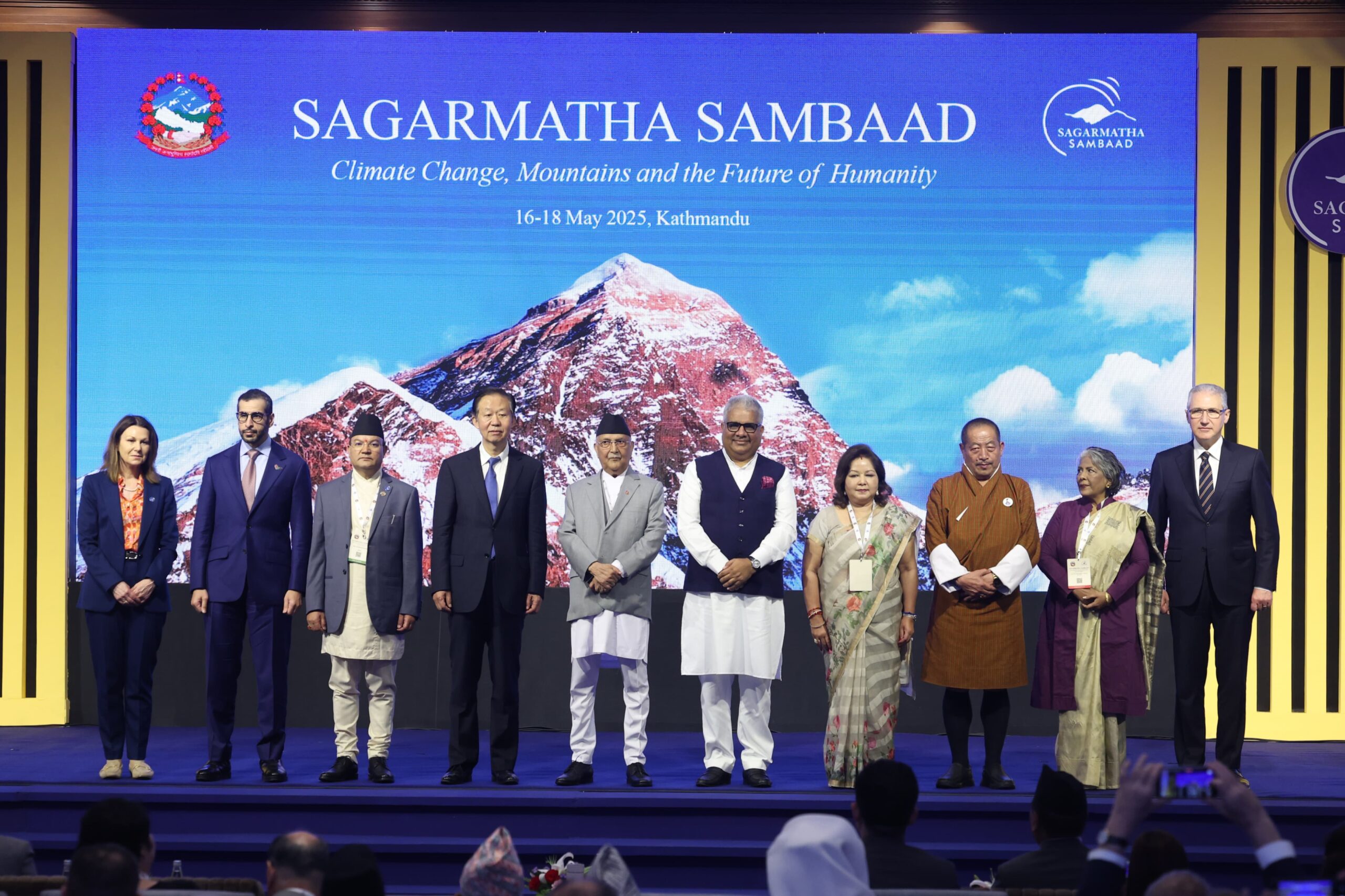Africa Reels from Climate Crisis as Extreme Weather Escalates Hunger, Displacement and Insecurity
Africa is facing a climate emergency, as unprecedented extreme weather events linked to global warming continue to threaten every facet of life across the continent, according to the UN’s World Meteorological Organization (WMO).
In its latest assessment released Monday, the WMO reported that the continent’s average surface temperature in 2024 was 0.86°C above the 1991–2020 average, with North Africa emerging as the fastest-warming sub-region—recording a temperature increase of 1.28°C. This warming trend has translated into severe flooding, persistent drought, and devastating marine heatwaves that are accelerating humanitarian crises.
“Climate change is an urgent and escalating problem across the African continent,” warned WMO Secretary-General Celeste Saulo. She emphasized that both water scarcity and excessive rainfall are triggering cycles of destruction that are uprooting communities, killing livestock, and straining fragile economies.
One of the starkest examples comes from South Sudan, where flooding in October 2024 affected more than 300,000 people. The country, already crippled by years of civil conflict and economic dependency on oil exports, is also grappling with disruptions caused by the war in neighboring Sudan. The climate-induced disaster decimated between 30 and 34 million farm animals and contaminated vital water supplies, pushing already self-sufficient families to rely once again on aid. “When someone slides back into being fed, it affects their dignity,” said Meshack Malo, the FAO’s country representative.
Elsewhere, West Africa experienced widespread flooding that impacted four million people. In contrast, southern African nations like Malawi, Zambia, and Zimbabwe faced the worst drought in two decades. Crop yields plunged, with cereal harvests in Zambia and Zimbabwe down by 43% and 50% respectively compared to the five-year average.
The El Niño climate phenomenon, active from 2023 into early 2024, contributed significantly to altered rainfall patterns, according to the WMO. In northern Nigeria, 230 people died and 600,000 were displaced in last September’s floods.
Rising ocean temperatures have further compounded Africa’s vulnerability. The seas surrounding the continent, particularly the Atlantic Ocean and the Mediterranean, experienced the highest recorded surface temperatures. Nearly all marine regions experienced strong to extreme heatwaves, with long-term consequences for coastal ecosystems and fisheries.
The social costs of climate change are also taking a toll. In March, schools across South Sudan closed as temperatures soared to 45°C, contributing to a global statistic from UNICEF that at least 242 million children missed school in 2024 due to extreme weather—many in sub-Saharan Africa.
The WMO warned that Africa’s growing water scarcity, food insecurity, and displacement crises are intertwined with poor infrastructure, armed conflict, and limited economic resilience. Despite this, some local successes in climate adaptation offer a glimmer of hope. In Kapoeta, South Sudan, the FAO has reduced the dry season from six to two months by harvesting and storing rainwater—helping communities build resilience to prolonged droughts.
Experts stress that while desalination may be a solution in some water-scarce regions, it is not a feasible path forward for most African nations due to its high economic and environmental costs. Instead, urgent investment in sustainable adaptation strategies such as early warning systems, water harvesting, and climate-resilient agriculture is crucial.
“Africa is facing a high climate change bill,” said Dr. Dawit Solomon, contributor at the Accelerating Impacts of CGIAR Climate Research for Africa (AICCRA). “Imagine a continent already struggling economically, now burdened by this additional risk multiplier.”
As climate impacts deepen, calls are growing louder for global solidarity and climate justice to support Africa, which contributes the least to global emissions but bears the heaviest consequences.










